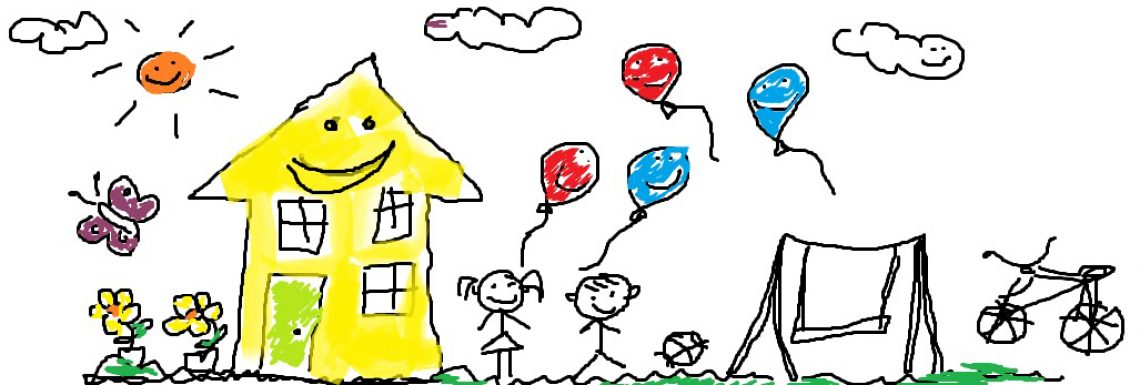The instant relief mind-set undermines the true benefits gained from visiting a doctor.
by Dr Idayu Maarof
When we visit the doctor for an ailment, we have often come to expect instant relief through the use of a drug or perhaps a cocktail of drugs. This is understandable as with the range of pharmaceuticals we have today, chances are if something ails and pains you, there’s a drug for it. So much so that nowadays, we have either come to expect these drugs from the doctor or have become at least resigned to the fact that, if we’re sick, we would then probably be given some sort of medication to make the illness go away. In many ways, that visit to your local general practitioner has become akin to going to your local ‘corner drug dealer’ to get a quick fix. But do remember, your doctor went through five to six years of medical school and chances are it wasn’t just about learning how to be a professionally licensed ‘drug dealer’.
A DIFFERENT FOCUS
Your doctor went to medical school to learn about illnesses, how they are caused, how to identify what specific illness is being presented and finally, how to treat that illness. At the end of this period, he/she is given a degree that in most countries comes with the title of ‘doctor’. Not many people are aware of the true meaning for the word ‘doctor’, including perhaps many doctors as well. And it starts with the very definition of the title ‘doctor’, which comes together with the award of an academic degree. The concept of awarding academic degrees or ‘licence to teach’ can perhaps be traced to the early days when Islamic scholars were deemed to possess enough knowledge to be granted permission to teach or transmit that knowledge through the award of the degree or ‘ijazah’ in Malay. The word doctor itself can be traced to the Latin form ‘docere’, which simply means ‘to teach’. The word doctor can therefore simply be taken to mean ‘teacher’. So, why is a professional medical practitioner called a ‘teacher’? The medical profession is disseminated and practiced through a career-long or a life-long approach towards learning and teaching. In hospitals and clinic practices throughout the world, doctors will teach each other, junior doctors and trainee doctors the science of healing the sick. Your doctor is there to teach us all about our health and how we are responsible in caring for it.
DOCTOR CONSULTATIONS
Now that we’ve ascertained that the word doctor does not mean professionally licensed drug dealer, let’s try to understand the role of the doctor in health care. There are actually many types of medical specialisations in modern medicine and the practitioners are all called doctors. In some countries (mainly the Commonwealth), doctors who are consultant surgeons are also addressed as Mister or Miss. For example a ‘Mr Imran’ simply means that he is a consultant surgeon and can also be addressed correctly as Dr Imran. In our discussion, the doctor referred to here is mainly your general practice and primary care physician. Your doctor is there to care for your health and that is why they fall into the category referred to as healthcare providers. The primary care physician is the first line in the health care system. They are the ones who will treat common infections, general ailments and will also provide the correct referrals and case references to a specialist for further follow ups when they think necessary.
WHEN TO VISIT A DOCTOR
As we are probably too well aware of, most people in Malaysia visit their doctor only when they fall ill or have an ailment………
Buy Jul/Aug ’11 of health Magazine for full article here
http://onlyhealth.netbuilder.biz/A-DOCTOR-is-not-a-DRUG-Dealer/q?pid=298&doit=order
